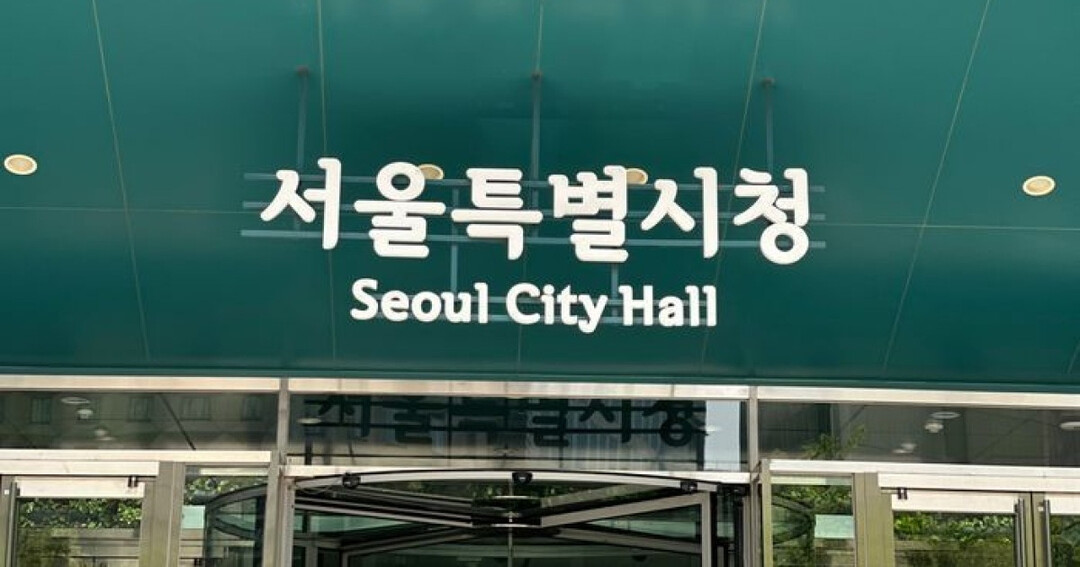
SEOUL, SOUTH KOREA – The Seoul Metropolitan Government, under the leadership of Mayor Oh Se-hoon, today announced a significant new wave of deregulation measures, comprising ten key initiatives (Regulations No. 104 through 113) designed to streamline administrative processes, reduce burdens on citizens and businesses, and foster a more inclusive and economically vibrant urban environment. The announcement reflects the city's ongoing commitment to responsive governance and addressing the evolving needs of its population.
A particularly noteworthy measure (No. 104) addresses the growing number of pet owners in the capital by abolishing the blanket ban on pets in Youth Secure Housing. Previously, residents in these affordable housing units for young adults faced significant hurdles in cohabiting with their animal companions, often requiring unanimous consent from fellow residents. Recognizing that approximately one in five Seoul citizens now lives with a pet, and with a notable rise in single-person households with pets, the city has responded to public demand by lifting this restrictive regulation. This change aims to provide greater housing stability and improve the quality of life for young pet owners.
In a move to incentivize crucial public infrastructure development (No. 105), Seoul has improved the floor area ratio incentives for donations of public facilities. This enhancement will now recognize not only construction costs but also design and supervision expenses when calculating the upper limit of floor area ratio bonuses granted to developers who contribute public amenities like community centers or social welfare facilities during redevelopment, reconstruction, and building permit processes. The revised 'Operating Standards for Floor Area Ratio Incentives for Public Facility Donations' will be implemented immediately, with transitional provisions ensuring its applicability even to projects with already established plans or minor modifications.
Embracing digital transformation for efficiency and environmental sustainability (No. 106), the city will mandate the digital transition of design competitions held by autonomous districts. Building on the success of Seoul's '100% Digital Competition' platform (Project Seoul) launched in 2019, this initiative will extend the digital submission and evaluation process to all district-level design contests. Furthermore, the 'Digital Judging Room' within the Project Seoul website will be expanded to facilitate a more transparent and cost-effective evaluation process.
Supporting the growth of promising startups, Seoul has relaxed the eligibility criteria for the Seoul Women's Development Center Incubation Center (No. 107). The previous limitation of admitting startups within 2-3 years of establishment has been extended to include businesses within their first seven years. This expanded eligibility aims to provide a longer runway for promising female-led ventures to mature and achieve sustainable growth through the center's resources and mentorship.
Addressing the logistical challenges faced by freight transport workers (No. 108), the city will implement a comprehensive overhaul of mandatory training methods. The traditional in-person training will be replaced by a predominantly on-demand mobile (VOD) system. This shift will allow drivers, who often work irregular hours and travel across the country, to complete their legally required education at their own pace and convenience, regardless of their location or work schedule. A pilot program is slated for July 1st, with full city-wide implementation expected next year.
To streamline administrative processes and facilitate smoother transactions between public entities and small businesses (No. 109), Seoul will simplify documentation for small-scale expenditures. The requirement to prepare a detailed calculation basis survey will be waived for transactions under 3 million won, accelerating payment processes for small vendors.
Furthermore, the city is adopting a more efficient approach to handling sensitive spatial information (No. 110) by simplifying procedures for external contractors receiving restricted data. Instead of mandating the installation of specific document security software, contractors will now be provided with password-protected files, reducing technical complexities and costs associated with external software installation.
In a move to support vulnerable populations, Seoul will implement a temporary lifting of credit information provision for local tax delinquents facing financial hardship (No. 111). Initially, the credit reporting will be suspended for one year, with the possibility of a one-year extension based on individual circumstances. This measure responds to concerns that negative credit reporting can hinder the financial recovery of struggling individuals, potentially leading to long-term debt. The temporary reprieve will be granted to those who have made partial payments or submitted a feasible repayment plan, offering a chance for economic rehabilitation.
Recognizing the need for stable housing for individuals with disabilities, Seoul will extend the maximum residency period in independent living housing for people with disabilities from four to six years (No. 112). This extension aims to provide greater stability and facilitate smoother integration into local communities for residents.
Finally, to tackle the persistent issue of parking shortages in residential areas (No. 113), Seoul will relax the support criteria for autonomous district residential area shared parking lot development projects. The threshold for parking lot securement rates, which determines eligibility for city subsidies, will be revised from 'excluding apartments' to 'excluding all forms of multi-unit housing (apartments, row houses, multi-family houses, etc.).' This significant change will expand the number of eligible areas for subsidy applications by approximately 72%, paving the way for the creation of more shared parking facilities and alleviating parking congestion in densely populated neighborhoods.
These comprehensive deregulation measures underscore the Seoul Metropolitan Government's commitment to fostering a more convenient, efficient, and inclusive urban environment for all its residents and businesses. By actively listening to citizen feedback and proactively addressing evolving societal needs, Seoul aims to create a more dynamic and responsive city.
[Copyright (c) Global Economic Times. All Rights Reserved.]




























